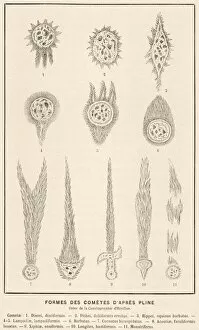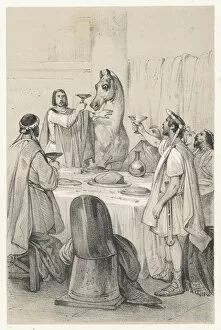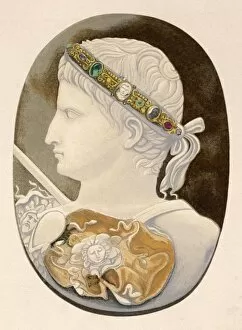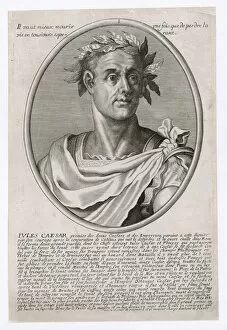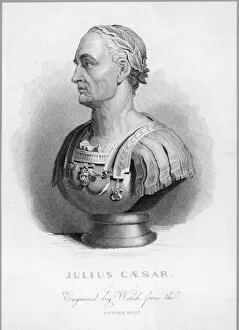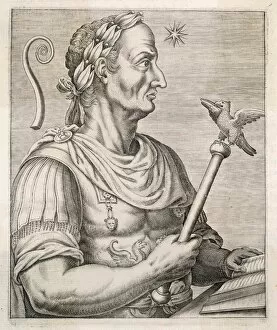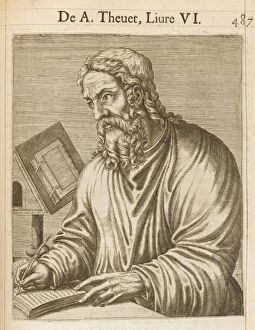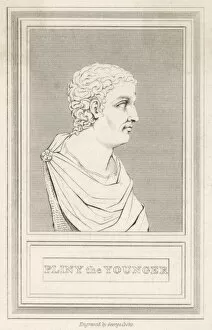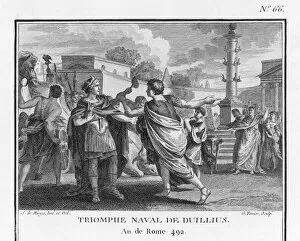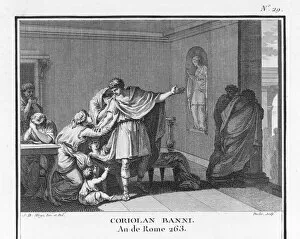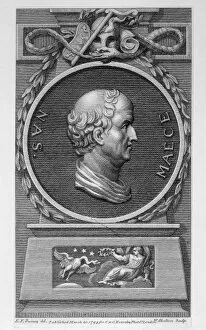Gaius Collection (#7)
"Gaius: A Multifaceted Figure in Roman History" Gaius, a name that echoes through the annals of ancient Rome, evokes images of power, tragedy, and intrigue
For sale as Licensed Images
Choose your image, Select your licence and Download the media
"Gaius: A Multifaceted Figure in Roman History" Gaius, a name that echoes through the annals of ancient Rome, evokes images of power, tragedy, and intrigue. From Julius Caesar's weeping to Gaius Marcius Coriolanus offering his services to the Volsci, this enigmatic figure has left an indelible mark on history. In 49 B. C. , as Julius Caesar stood at the Rubicon River contemplating his fateful decision to cross it with his army, he must have felt a mix of emotions. Little did he know that this pivotal moment would change the course of Roman history forever. The weight of responsibility and ambition weighed heavily upon him; even great men like Caesar shed tears. The death of Elder Pliny further illustrates the impact Gaius had on those around him. Pliny was not only a renowned scholar but also an eyewitness to some of Rome's most significant events. His passing marked the end of an era and served as a reminder that even giants among men are mortal. Draco, Ursa Major (Big Dipper), and Ursa Minor - constellations immortalized by their association with celestial beings - find themselves intertwined with Gaius' legacy. Just as these stars shine brightly in the night sky, so too does Gaius' influence continue to illuminate our understanding of ancient Rome. An armillary sphere symbolizes both scientific progress and philosophical contemplation – two realms where Gaius excelled. This intricate instrument allowed astronomers to study celestial movements while prompting philosophers to ponder humanity's place within the cosmos. Surely Gaius found solace in such intellectual pursuits amidst political turmoil. Caesar refusing Marc Antony's offer for a crown captures another facet of Gaius' character – one defined by honor and loyalty rather than personal gain or absolute power.













